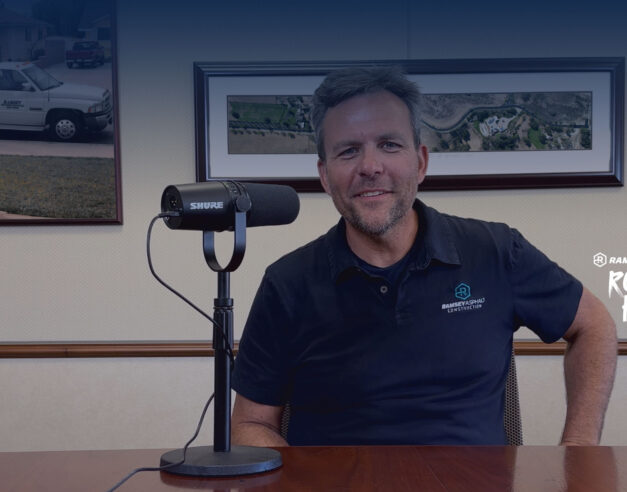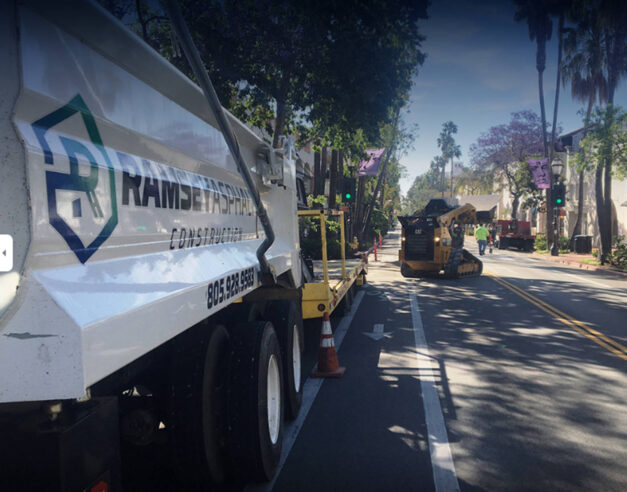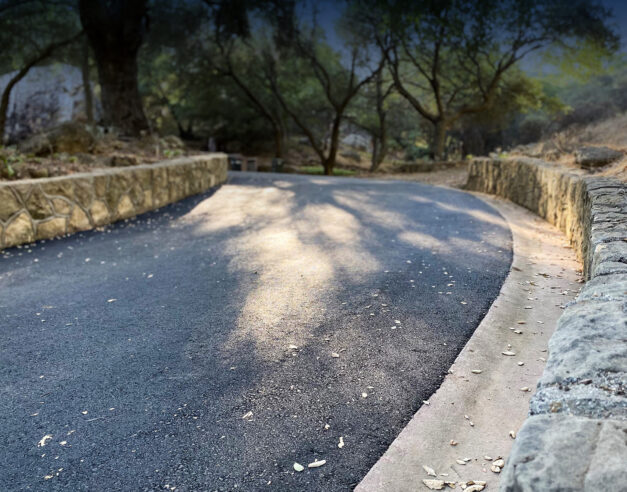This is a very difficult question to answer because it depends on two factors:
- Perspective: To some people, a paving job would need to be redone as soon as it gets a worn spot or broken edge, while others will be perfectly content dodging potholes for many years, as long as they have a clean paved surface for vehicle traffic.
- Job site/usage:Durability can vary based on several factors, such as climate, traffic conditions, base, and the number of courses of chip seal used. Naturally asphalt or tar and chip will last much longer on a low traffic, residential driveway than on a county road or city street
Let’s assume we are talking about the point where a paved surface is in bad enough condition that repairs are no longer a viable option. Traffic conditions are pretty typical at that site. The life expectancy for an asphalt paving job is probably around 12 years and, in that time, repairs such as patchwork, crack sealing, and seal coating will be required. For tar and chip, probably around eight years, with patching and isolated re-tar and chipping will be required during that time. Typically, tar and chip paving will last about two-thirds as long as asphalt paving would.
Why use tar and chip instead of asphalt?
- Natural beauty:Tar & chip, provides a beautiful rustic alternative to asphalt, with the look and feel of a country gravel road.
- Cost effective:The initial cost of installing tar & chip, can be up to 40% less than a comparable asphalt installation.
- Maintenance free:Unlike asphalt, which requires seal coating every few years, tar and chip is virtually maintenance free, as there is never a need to sealcoat.
- Improved traction:The rough, gritty surface of tar and chip gives great traction, even in wet weather, and is an excellent choice for steep slopes.
- Cooler temperature: Because of its light colored stone surface, chip seal does not absorb heat like blacktop does, staying much cooler.
- More convenient: Tar and chip goes down faster than asphalt and there is hardly any down time because it can be driven on immediately. You do not need to wait 24 to 48 hours for it to harden like asphalt.





